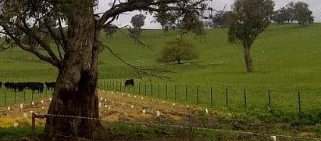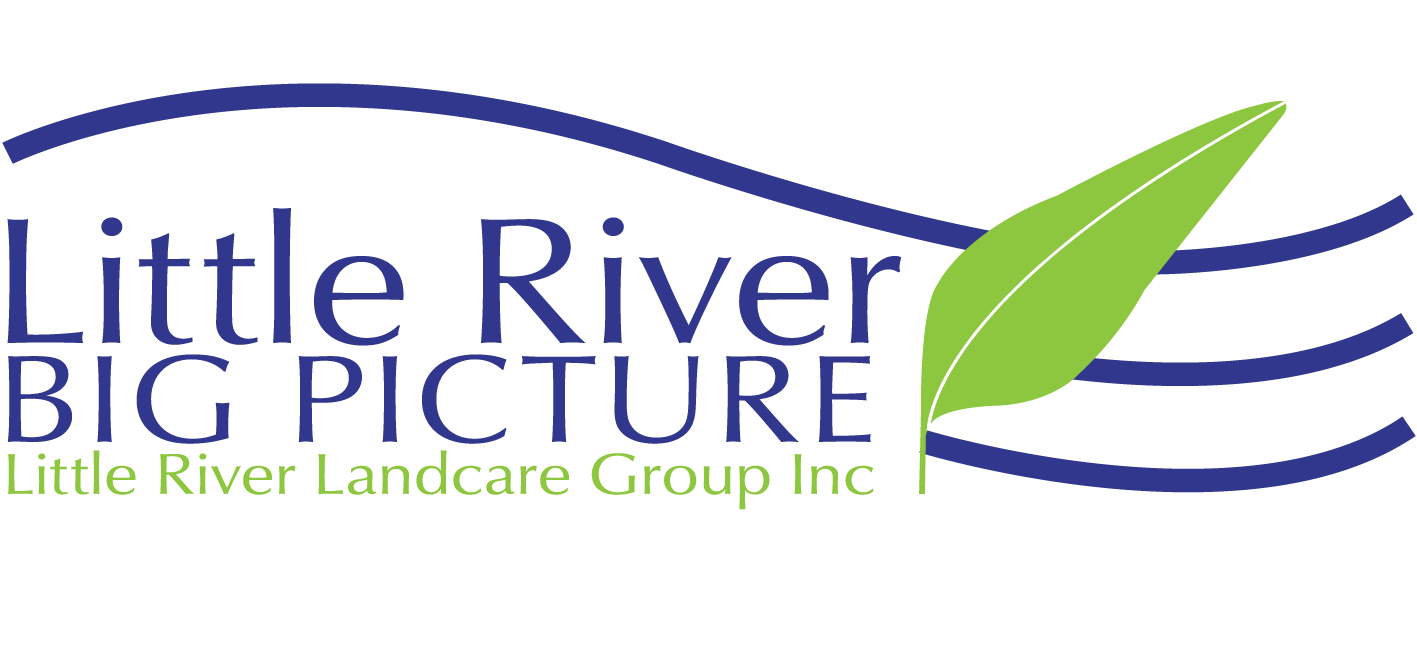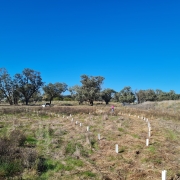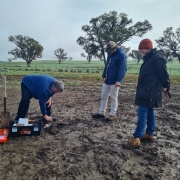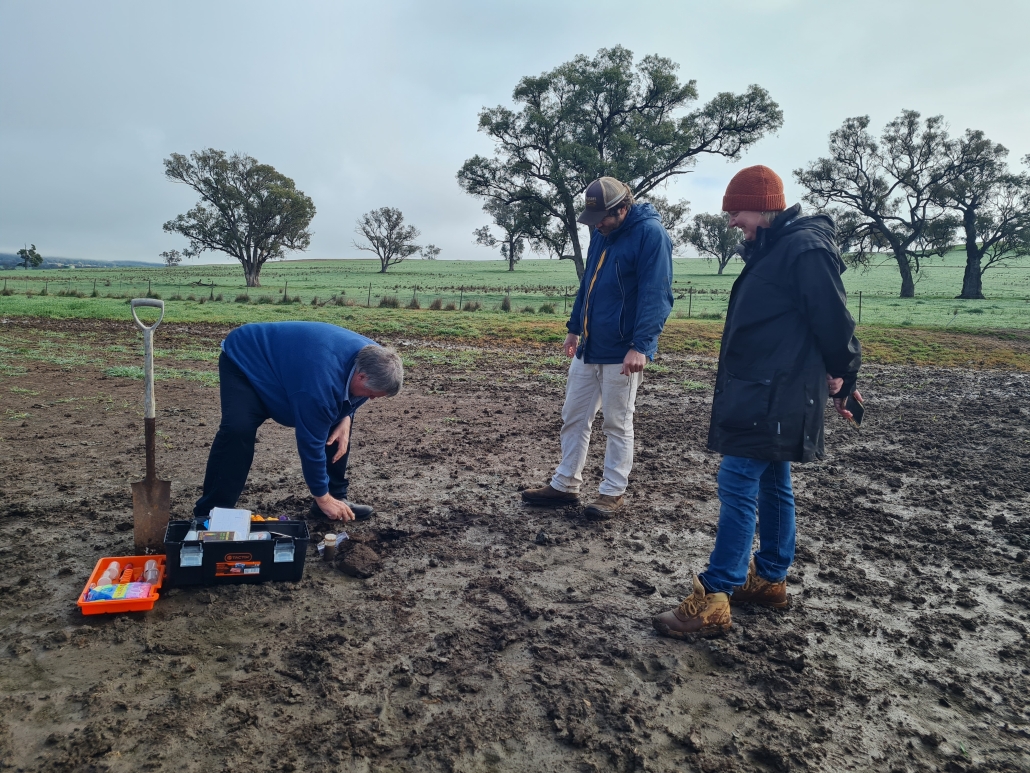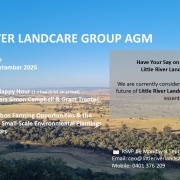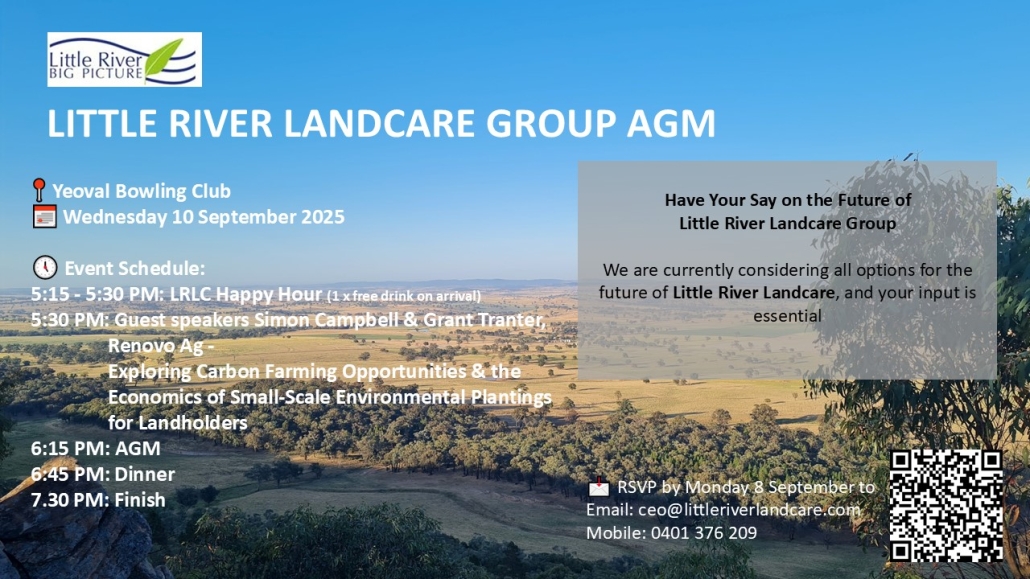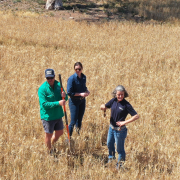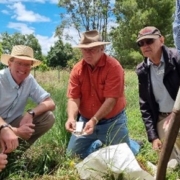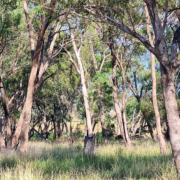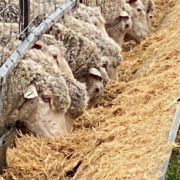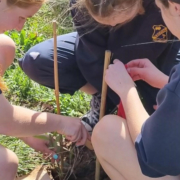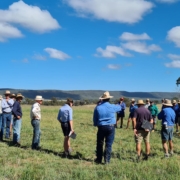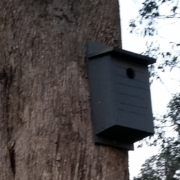Carbon Farming – is it a viable option? EOI’s now open!
Woohoo! Little River Landcare has been successful in its application for Landcare Australia’s Biodiversity in Action Grant! This is a 3 year project looking at opportunities for landholders to better understand carbon sequestration opportunities on their property. Partnering with Renovo Ag, Little River Landcare will take 10 local landholders through a series of mapping/planning and training workshops to uncover how much carbon they can store on farm; with particular reference to small scale environmental plantings. Got a salinity site that needs restoration? Looking at tree lines to reduce exposure and wind abatement for livestock? This project will give producers the opportunity to see how they might derive an income from tree/shrub plantings (minimum size 20ha – can be multiple sites to make up total) with a cost comparison per Ha of income generated from “nomal” business versus environmental plantings.
If you would like to be involved please fill in this Expressions of Interest form – Little River LC – EOI
Or contact Phoebe at project.coordinator@littleriverlandcare.com.au.
